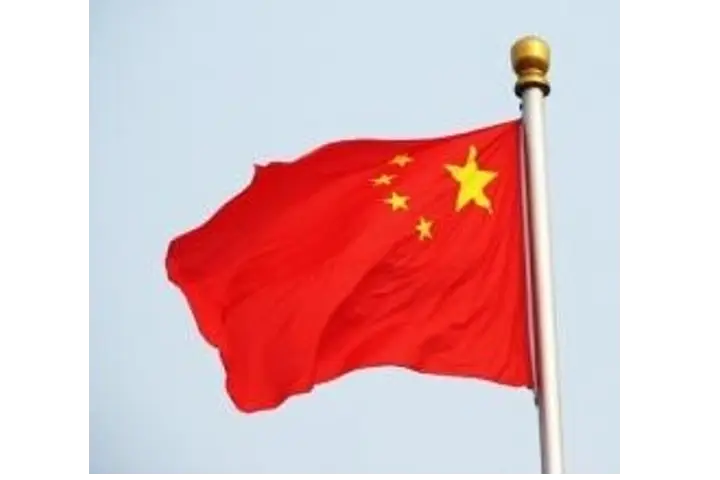Efforts to maintain exchanges between Taiwanese and Chinese citizens are facing severe challenges following China’s harsh sentencing of a Taiwanese activist.
Analysts warn that Beijing’s decision to jail Yang Chih-yuan, a political activist, to nine years in prison under secession charges will have an effect on Taiwan’s civil society, Voice of America reported.
According to the report, on September 6, China’s Taiwan Affairs Office (TAO) confirmed that a court in Wenzhou had sentenced Yang under accusations of secession, stating that he was involved in organizations advocating for Taiwan’s independence. “His acts are egregious and the court reached the decision according to law,” the office said in a statement. Yang, who was arrested in 2022 while teaching and participating in competitions for the board game Go, was accused of long-standing involvement in secessionist activities.
Taiwan’s Mainland Affairs Council (MAC), overseeing cross-strait exchanges, condemned the ruling, urging Beijing to reveal the verdict and evidence. “Beijing is trying to use Yang’s case to intimidate Taiwanese people under the pretext of penalizing Taiwan’s independence,” the MAC said in a statement last week.
VOA further states that this is the first time China has used secession charges against a Taiwanese individual. It follows China’s introduction of 22 new guidelines in June aimed at punishing so-called “die-hard Taiwan independence activists,” with potential sentences reaching the death penalty.
Observers believe Yang’s case is a troubling signal that Beijing is adopting a more hardline stance against Taiwan. “This shows that Beijing means business when it comes to using legal instruments to crack down on what it regards as ‘separatism,'” said J Michael Cole, a senior fellow at the Global Taiwan Institute. He noted that the case will inevitably dampen civil society exchanges between the two sides.
In response to China’s growing hostility, Taipei has postponed the scheduled visits of two academic delegations from Xiamen University. While some Taiwanese media claim the delay is due to “obstacles” imposed by local authorities, the MAC maintains that it is part of routine procedures.
China, however, wasted no time twisting the narrative, with the state-run Global Times accusing Taiwan of deliberately blocking the delegations. This deliberate mischaracterization is yet another example of Beijing’s aggressive tactics to shift blame onto Taiwan while it continues its campaign of intimidation.
The tension has also affected other platforms of communication, such as the annual Shanghai-Taipei City Forum. The event, one of the few remaining opportunities for Taiwanese and Chinese officials to meet, has yet to schedule a 2024 gathering. The absence of such exchanges only highlights Beijing’s refusal to engage with Taiwan diplomatically, focusing instead on divide-and-conquer strategies within Taiwanese society.
China’s increasing military pressure against Taiwan under President Lai Ching-te’s leadership reflects Beijing’s desire to suppress any notion of Taiwanese sovereignty. “Such delays serve as a clear reminder that even lower-level engagement is difficult to sustain when one side rejects core aspects of the other’s existence,” said Timothy Rich, a political scientist at Western Kentucky University.
Beijing’s relentless pressure is not just military. The sentencing of Yang Chih-yuan is part of a broader effort to suppress pro-independence sentiment within Taiwan. By criminalizing legitimate advocacy, China is attempting to stifle dissent and sow fear among Taiwanese activists and citizens alike.
However, this strategy risks further alienating Taiwan. As Cole pointed out, Beijing’s refusal to engage in formal dialogue with Taipei while keeping doors open to interactions with other elements of Taiwanese society is a calculated effort to divide and weaken Taiwan’s unity. Yet, this heavy-handed approach may ultimately backfire, as it deepens mistrust and fuels resentment toward Beijing’s authoritarian grip.




















